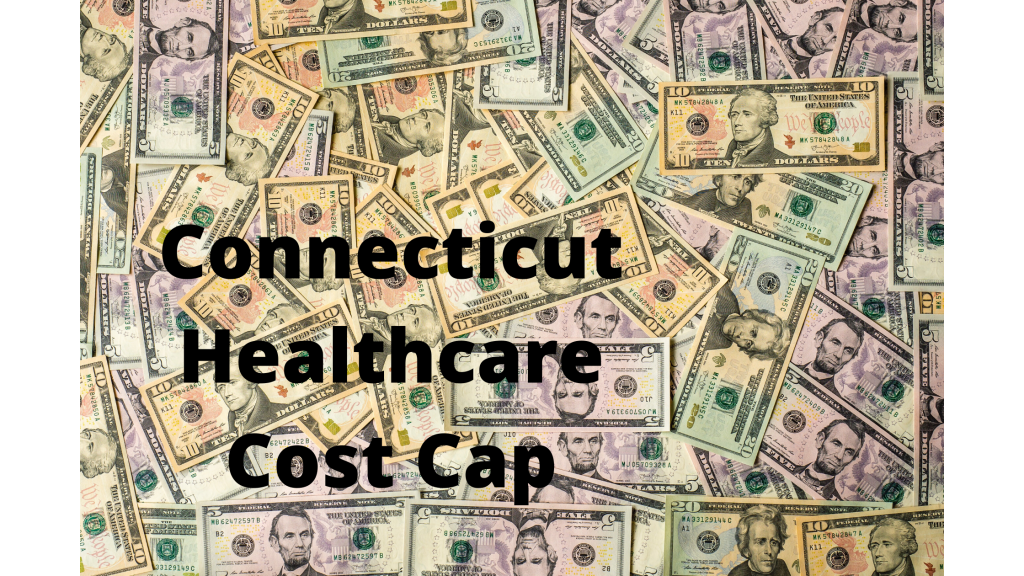Budget Process
Cost cap update – possible easing on growth cap but primary care target proves difficult
In response to concerns from many sources about potential harm to people, the Office of Health Strategy (OHS) is considering easing the proposed caps on the growth of all healthcare spending. In the latest Technical Team meeting, OHS and Bailit, the consultants running the project, said they would consider starting the cap next year higher…
Read MoreCTNJ: For a better post-COVID policy process, CT needs to abolish all committees
I couldn’t agree more with my advocacy friends who called on the legislature to open public hearings to online participation. But legislative hearings are only part of the problem. Connecticut policymakers need to abolish all taskforces, boards, workgroups, design groups, consortia, advisory and steering committees, teams, councils, and similar committees. These insular groups, run with…
Read MoreOHS committee chooses unrealistic cap for CT healthcare costs
The Office of Health Strategy’s (OHS) Technical Team choosing the cap for future Connecticut healthcare costs has decided on a 3.1% allowed increase for next year, dropping over time to 2.7% by 2025. To illustrate the impact of the cost cap, consider the significant variability in Connecticut’s per capita all-payer total healthcare cost increases from…
Read MoreCost Cap project could reduce access to care, stifle efficiency and innovation, and increase disparities
Download the Summary or Full Report Healthcare costs a lot in Connecticut, especially for middle and lower income residents. Primary care is the foundation of a healthy health system. Lowering costs and supporting primary care are important goals, however the Office of Health Strategy’s (OHS) new plan to limit costs is ill-conceived and likely to…
Read MoreAdvocates, providers send Governor, legislators letter about cost cap impact and unintended consequences
Yesterday, twenty advocates and providers sent letters to the Governor and legislative leaders objecting to the rush to develop a cap on healthcare cost increases during a pandemic, and to use the time to incorporate input from diverse stakeholders and for thoughtful design with a broad group chosen democratically. “This controversial proposal, if rushed ahead…
Read MoreCT hospitals would fare better than most if all payers used Medicare payment rates
A new study published in Health Affairs finds that if commercial payment rates were set at fee-for-service Medicare levels in 2017, US hospital revenue (inpatient and outpatient) would drop by 35%. Interestingly, also raising Medicaid rates to Medicare levels does little to mitigate that, changing the revenue loss to 30%. However, the authors note that…
Read MoreProtecting affordability in a pandemic — Experts find fair prices for remdesivir between $10 and $4,500
In a nation hungry for good news in fighting the COVID-19 pandemic, remdesivir has emerged as a first ray of hope. The FDA has quickly approved the drug for emergency use with seriously ill patients. However there are concerns that the data supporting remdesivir’s effectiveness has not been published or peer reviewed by independent scientists…
Read MoreCTNJ: The recession is here, and healthcare is in the center of it
After the longest economic recovery in US history, we’ve been expecting a recession for a long time. We knew when it came, Connecticut healthcare would be hit hard. But no one expected this. Connecticut didn’t fare well in the last recession and we took longer than other states to build back the jobs we lost.…
Read MoreMedicaid switch from MCOs saving taxpayers billions
Download the brief here If Medicaid per member per month costs had held steady at 2012 levels, taxpayers would have spent $2.25 billion more by last year. As with most health care in Connecticut, Medicaid spending was rising quickly before 2012 growing by almost half over the prior four years. But in 2012, Connecticut made…
Read MoreCTNJ Op-Ed: Connecting hospitals with community services is a good first step
It’s great that Connecticut hospitals are using technology to help busy providers connect patients with community services. Without basics like healthy food and safe shelter, patients can’t heal and healthcare costs rise. But referrals are only the first step. The institutions in communities on the other end of the referrals that provide those critical services…
Read More







